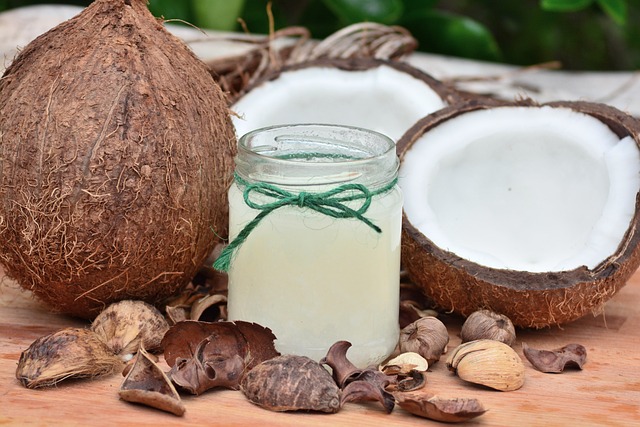The Ultimate Guide to Probiotics: Boost Your Gut Health Naturally
Welcome to the ultimate guide to probiotics! If you’re searching for a natural way to improve your gut health, you’ve come to the right place. In this guide, we will explore what probiotics are, their benefits, and how you can incorporate them into your daily routine.
What are Probiotics?
Probiotics are live bacteria and yeasts that are beneficial to your overall health, especially your digestive system. These microorganisms are often referred to as “good bacteria” as they help maintain a balanced gut flora.
Our bodies naturally host trillions of bacteria, both good and bad. However, due to factors like poor diet, stress, antibiotics, and infections, the balance of these bacteria can be disrupted, leading to digestive issues and other health problems.
That’s where probiotics come in. By consuming probiotics, you introduce more of these beneficial bacteria into your gut, restoring the balance and promoting optimal digestive functioning.
The Benefits of Probiotics
The benefits of probiotics extend beyond just improving your gut health. Let’s take a look at some additional advantages:
- Improved Digestion: Probiotics can help alleviate common digestive problems such as bloating, gas, and constipation. They aid in breaking down food and absorbing nutrients more efficiently, resulting in improved digestion overall.
- Boosted Immunity: Did you know that a significant portion of our immune system resides in our gut? Probiotics help strengthen the immune system, making your body more resistant to infections and diseases.
- Mood Regulation: Emerging research suggests a link between gut health and mental health. Probiotics have shown promise in reducing symptoms of anxiety and depression by influencing the production of mood-regulating neurotransmitters like serotonin.
- Reduced Inflammation: Inflammation is at the root of many chronic diseases. Probiotics help reduce inflammation in the gut and throughout the body, potentially lowering the risk of conditions like heart disease, diabetes, and certain cancers.
- Improved Skin Health: Probiotics can also benefit your skin. By addressing gut imbalances, they may help reduce acne, eczema, and other skin conditions.
How to Incorporate Probiotics into Your Diet
Now that you understand the numerous benefits of probiotics, you may be wondering how to add them to your daily routine. Fortunately, there are several easy and delicious ways to incorporate these beneficial bacteria:
- Yogurt: Yogurt is one of the most well-known sources of probiotics. Look for yogurts labeled with live and active cultures, as these contain the highest amount of beneficial bacteria. Enjoy it as a snack or add it to smoothies and overnight oats.
- Kefir: Similar to yogurt, kefir is a fermented dairy product packed with probiotics. It has a tart and tangy flavor and can be enjoyed on its own or blended into beverages.
- Sauerkraut: Sauerkraut is a type of fermented cabbage that offers probiotic benefits. Add it as a topping to sandwiches and salads, or enjoy it as a side dish to complement your meals.
- Kombucha: Kombucha is a fermented tea that contains a variety of probiotics. It’s available in many flavors and can be a refreshing replacement for sugary beverages.
- Supplements: If you’re unable to consume probiotic-rich foods regularly, supplements are a convenient option. Look for high-quality probiotic supplements with a variety of strains.
Conclusion
Probiotics are a natural and effective way to support your gut health and overall well-being. By incorporating probiotic-rich foods or supplements into your daily routine, you can optimize your digestion, boost your immune system, and potentially improve your mood and skin health.
Remember, consistency is key when it comes to experiencing the benefits of probiotics. Start small, experiment with different sources, and listen to your body to find what works best for you. Here’s to a happier and healthier gut!







